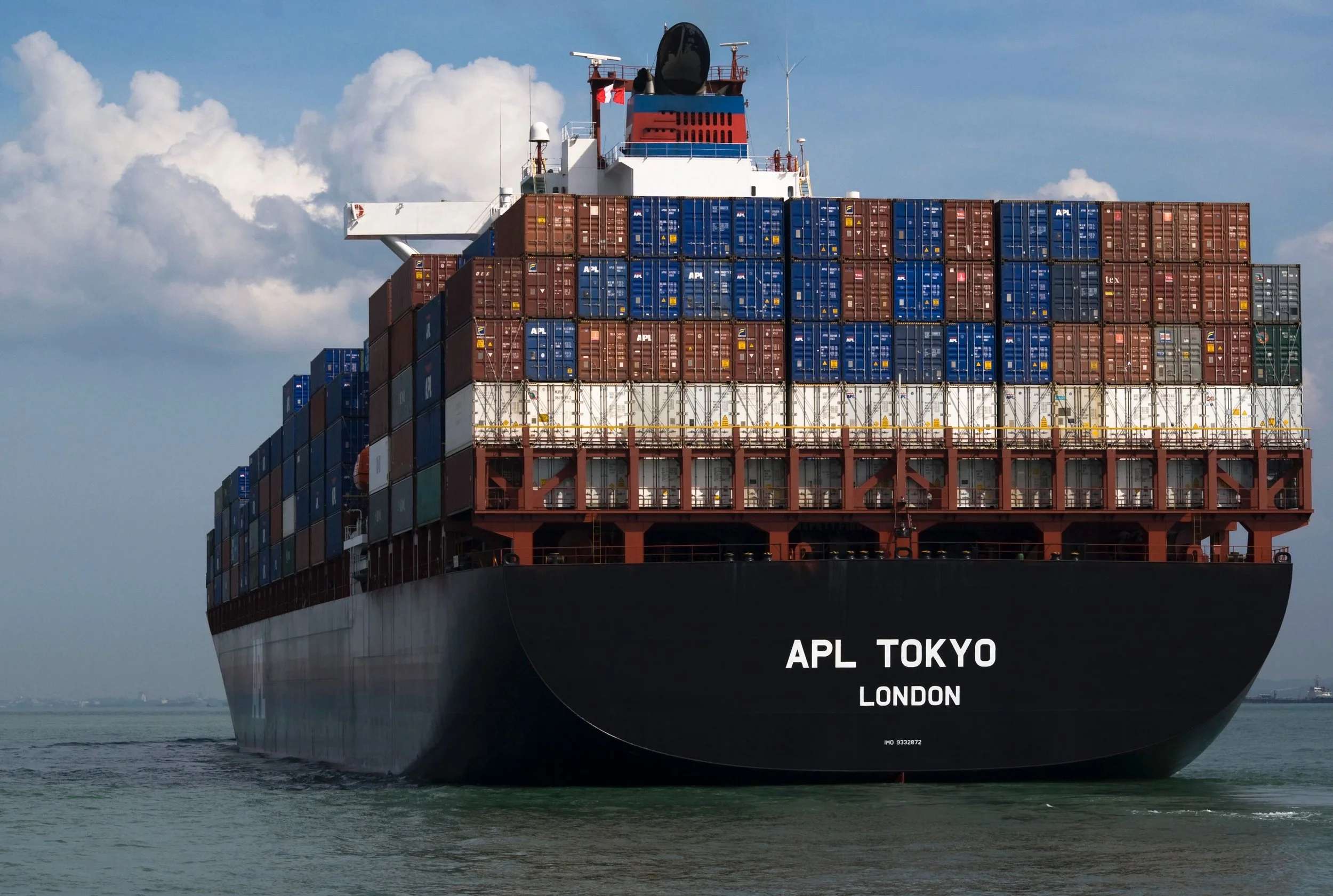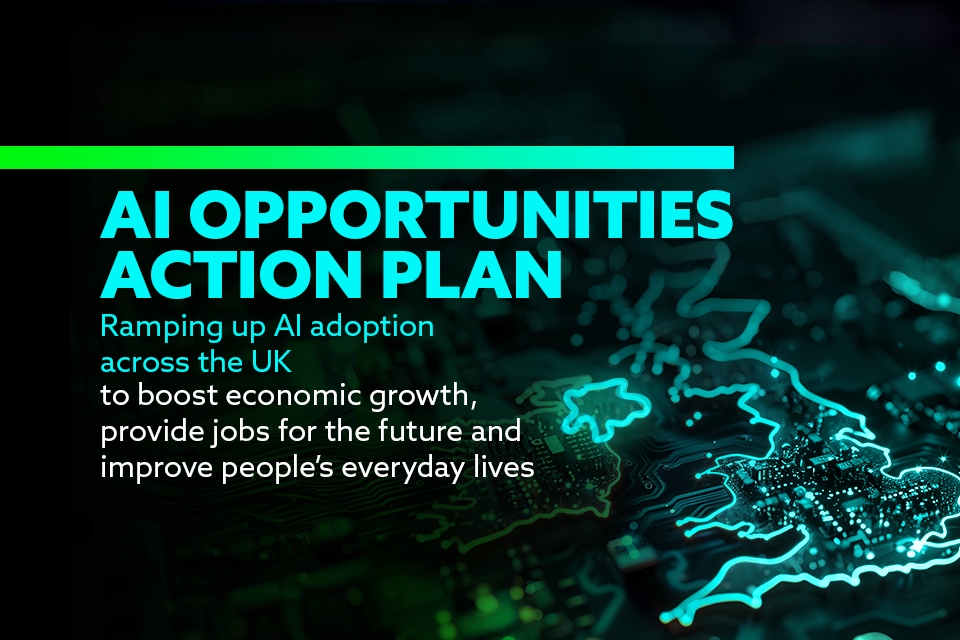Geo-political and geo-economic risks are no longer abstract concerns; they are boardroom priorities shaping corporate strategy and investment decisions. From trade wars and sanctions to shifting regulatory landscapes, businesses and investors face increasing uncertainty. Yet, those who embed strategic communications, public affairs, and risk intelligence into their operations are better positioned to mitigate disruption and seize new opportunities. In 2025, forward-thinking leaders are investing in geo-political risk management not as a defensive measure, but as a competitive advantage. How prepared is your company?
All in how to
Why Entrepreneurs, Start-Ups, and Investors Need Strategic Communications to Grow
Strategic communication and stakeholder engagement are not optional for entrepreneurs, start-ups, and investors—they’re essential for driving growth and building resilience. This blog explores how embedding these strategies from the outset helps businesses overcome challenges, attract investment, and achieve sustainable success.
World Economic Forum Global Risks Report 2025: Managing Global Risks Through Strategic Communications and Stakeholder Engagement
Misinformation is no longer just a societal issue—it’s an economic and strategic risk. From disrupting financial markets to eroding corporate reputations, the pervasive spread of false information is reshaping how businesses and governments operate. CEOs and senior executives must address this challenge with robust strategies that combine transparency, proactive communication, and stakeholder engagement. The World Economic Forum’s Global Risks Report 2025 underscores the urgency of tackling AI-driven disinformation, a risk that threatens to destabilise societies and economies alike. Is your organisation prepared to navigate this fragmented digital landscape.
Driving AI Success in the UK: How Culture, Policy, and Strategy Will Transform Growth and Innovation
The UK’s AI Opportunities Action Plan targets £400 billion in economic value by 2030. Achieving this vision demands more than investments—it requires a cultural shift from risk aversion to innovation.
This blog explores how policy, fiscal incentives, and strategic communications can drive this transformation. Learn how businesses, investors, and leaders can collaborate to build trust in AI, embrace calculated risks, and shape a future of innovation and prosperity.
Reuters Institute's Future of Media Trends 2025: Strategic Insights for Businesses, Governments and Investors
The Reuters Institute for the Study of Journalism 2025 Trends Report outlines how AI and technology are changing the media landscape. Here are my recommendations on how businesses and governments must adapt their communication to reach better and engage with stakeholders, and rebuild trust.
The Strategic Power of Storytelling: How Narratives Shape Identity, Drive Investment, and Influence Policy
Storytelling is a key pillar and a strategic tool that governments and businesses can leverage to build trust, shape perceptions, and drive action. At the recent recent Milken Institute Middle East and Africa Summit last week, the institute hosted a panel discussion titled ‘The Art of Storytelling: Shaping Culture, Identity, and Global Impact, that highlighted the value of this strategic activity to build reputation and trust.
How UK University Spin-Outs Drive Innovation: Strategy, Stakeholder Engagement, and Economic Growth
UK universities technology transfer and spin-outs fuel innovation and economic growth. As a nation, we are fifth the global innovation index, yet, compared to other nations, more needs to be done to turn research that our academics do into transformative science and technology that can deliver growth and jobs. We are competing on the global stage and we need effective positioning and strategic communications.
The Return of 'America First': How to Communicate Strategic Re-Alignment To Trump’s Business Protectionist Policies?
The US has elected Donald J Trump as it’s 47th President in a bitterly fought election. His policies and control of the Senate are likely to re-shape how America works, lives and influences the world. Businesses now have to re-align their strategies and communications in order to trade in the world’s biggest market. Here are five strategy and strategic communications recommendations to help businesses minimise the incoming risk.
Building Trust Is the Key to Unlocking High-Growth Sectors
McKinsey's ‘The Next Big Arenas Of Competition’ report outlines 18 key areas and sectors the firm believes will shape the world by 2040 and deliver strong financial and societal returns. To secure this, start-ups and companies in these arenas and sectors must invest in building trust and their reputation. Reputation will help unlock value and growth.








